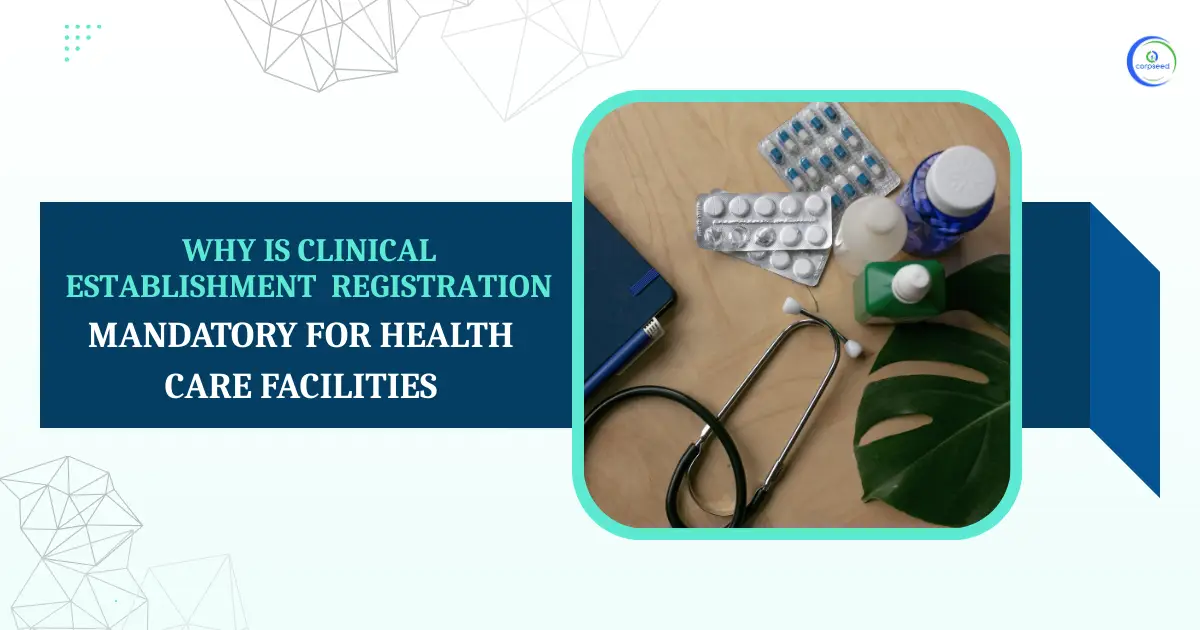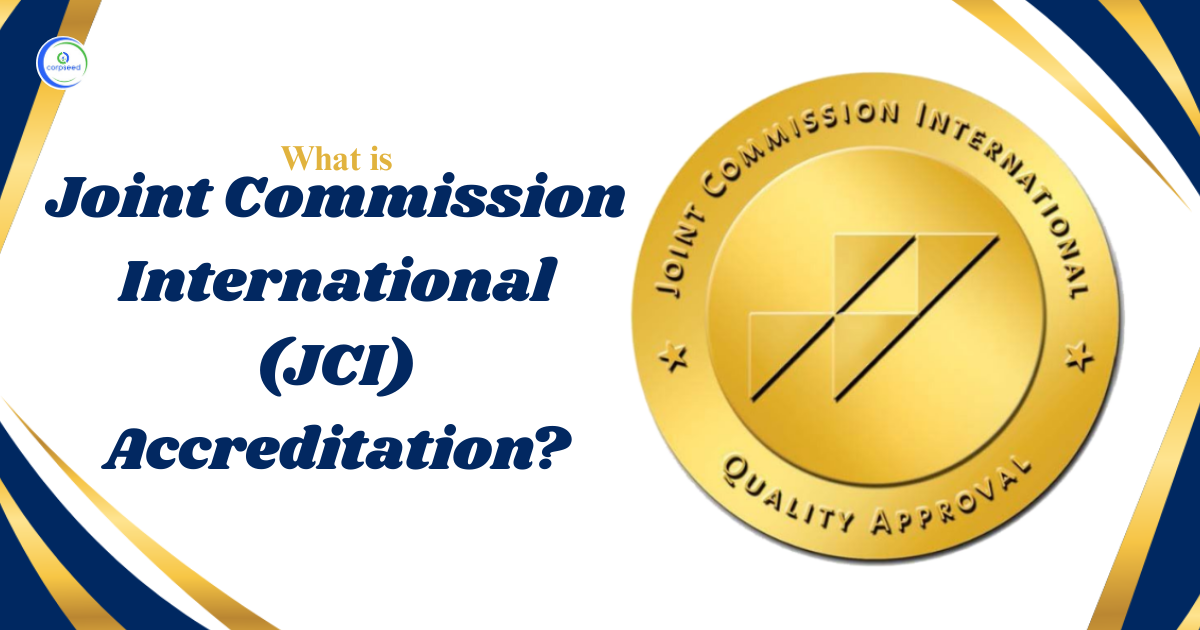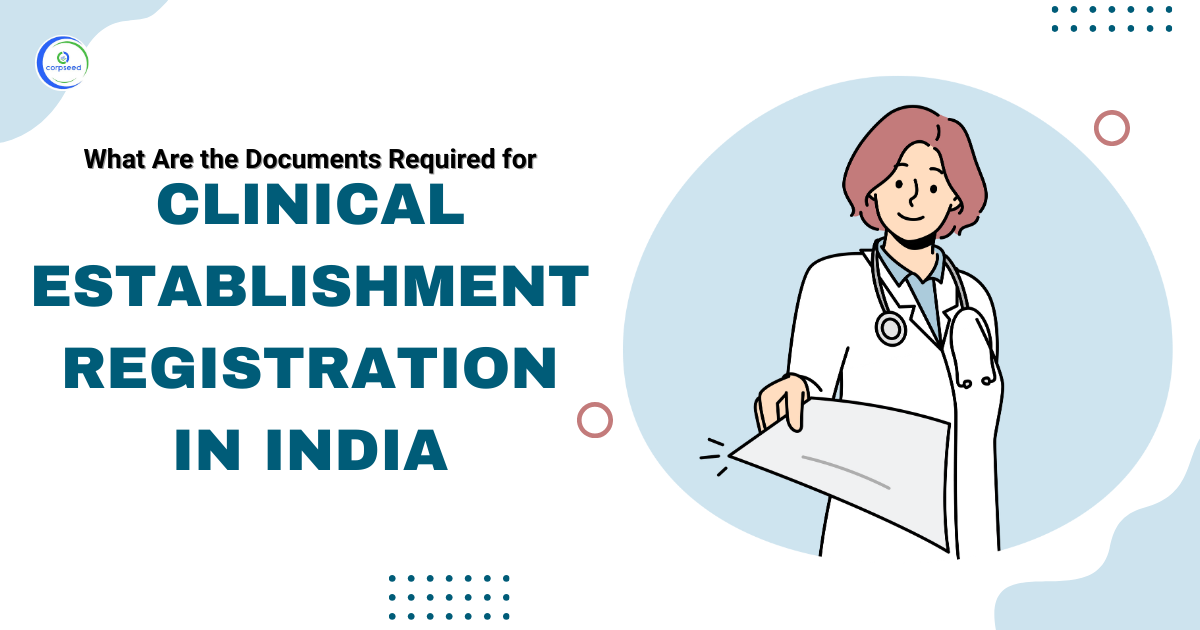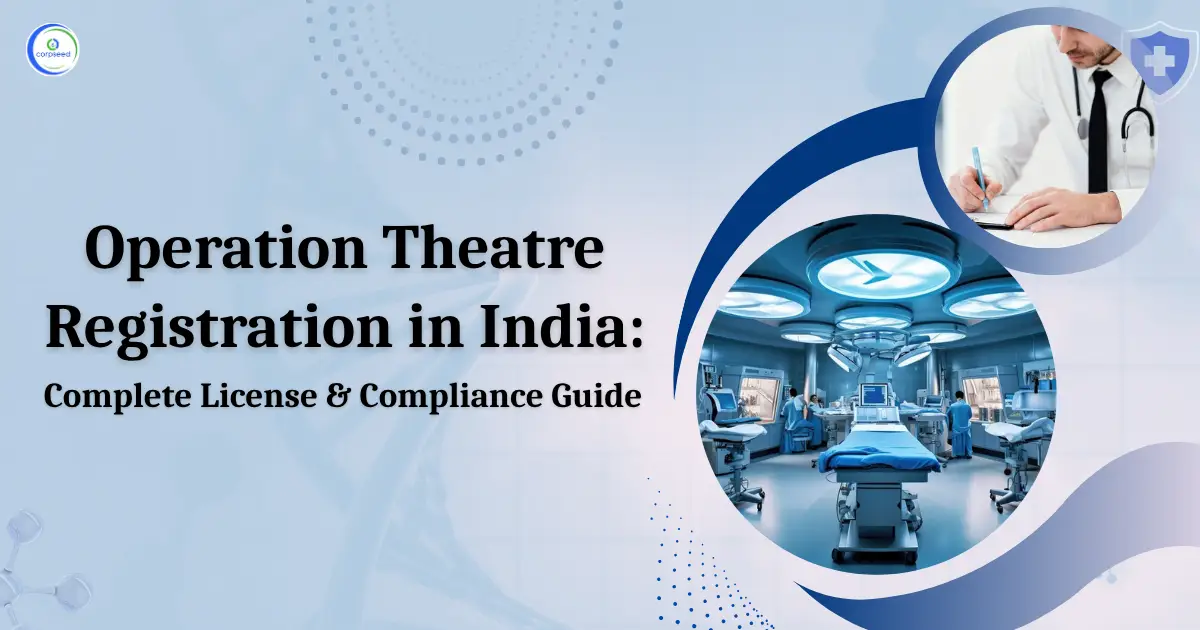In today's competitive landscape, the credibility of testing and calibration laboratories is paramount. The National Accreditation Board for Testing and Calibration Laboratories (NABL) plays a crucial role in ensuring that laboratories are meeting international standards of quality and reliability.
What is NABL?
NABL is an autonomous organization under the aegis of the Department of Science and Technology, Government of India. It focuses on laboratory accreditation to test and calibration laboratories to promote international best practices as outlined in ISO/IEC 17025. Thus, the accreditation from NABL states that the laboratory is technically capable and delivers accurate results.
Table of Contents
- What is NABL?
- What are the Objectives of NABL Accreditation?
- Importance of NABL Accreditation
- Eligibility Criteria for NABL Accreditation
- What are the Benefits of NABL Accreditation?
- Process of National Accreditation Board for Testing and Calibration Laboratories
- Barriers to Acquiring NABL Accreditation
- How to Maintain NABL Accreditation in India?
- NABL Accreditation: Things to Keep in Mind
- Conclusion
--------------Blog Contact Form-------------
What are the Objectives of NABL Accreditation?
- Quality Promotion: To increase quality in testing and calibration services.
- Trade Facilitation: Enhancing the credibility of test results by enabling acceptance nationally as well as internationally.
- Public Health Safety: Ensuring the laboratories adopt safety and quality standards, that protect public health.
Read our Blog: National Accreditation Board for Testing and Calibration Laboratories (NABL)
Importance of NABL Accreditation
- Credibility and Trust: NABL accreditation provides clients with the trust and confidence related to the test result's reliability as it ensures the laboratory is aligned with proper quality management systems.
- Market Competitiveness: Accredited laboratories will have a competitive advantage over non-accredited ones. Clients who require high-quality testing services will prefer accredited laboratories.
- International Recognition: NABL accreditation is internationally recognized. Laboratories can undertake international trade without facing test result acceptance issues.
- Regulatory Compliance: Many regulatory bodies require NABL accreditation of laboratories that test products to check for compliance with safety standards.
Read our Blog: NABL: Ensuring Quality and Credibility of Laboratories in various sectors
Eligibility Criteria for NABL Accreditation
The laboratory must fulfill several eligibility criteria for NABL accreditation. Some of these criteria are listed below:
- Conformity Assessment Body (CAB): The laboratory is involved in laboratory testing, calibration, or research and development.
- Quality Manual: An institution must have a documented quality manual that follows standards like ISO/IEC 17025:2017.
- Quality Manager: The quality manager must have been trained in the relevant area, including internal audit and management system training.
- Proficiency Testing: The laboratory must participate in NABL's Proficiency Testing Program or inter-laboratory comparisons.
- Internal Audits: The laboratory must conduct at least one internal audit before applying for accreditation.
What are the Benefits of NABL Accreditation?
- Increased Competency: Laboratories enhance their knowledge and skills regarding calibration processes because they follow international standards.
- Business Growth: Increased customer trust may lead to potential business growth based on positive reputation and satisfaction.
- Market Reach: Accredited laboratories expand their market reach both domestically and internationally due to enhanced credibility.
- Cost Savings: Reduced need for product retesting saves time and costs associated with compliance processes.
- Operational Control: Improved control over the operations of a laboratory enhances an effective mechanism of giving feedback for its continuous improvement.
Process of National Accreditation Board for Testing and Calibration Laboratories
The accreditation process carried out by NABL involves the following steps:
Application Submission
To obtain accreditation, laboratories must apply along with relevant documents that prove compliance with applicable standards.
Document Review
NABL scrutinizes all provided documents for conformity with the established standards. The checklist contains an evaluation of the quality management system of the laboratory, alongside all its operation procedures.
On-site assessment
The on-site assessment will involve an appointed team of professional assessors. These are used to assess the equipment used by the laboratory and the adherence of staff to all operating standard procedures (SOP).
Corrective Actions
Any identified non-conformities from the assessment will be addressed and proof of compliance submitted before deciding to accredit or not.
Accreditation Decision
Upon completion of the above requirements, the assessment report is used for the accreditation decision by NABL. The accredited labs receive a certificate of compliance as evidence.
Surveillance Audits
Accreditation status remains with the laboratory only if continued surveillance audits by NABL show them in compliance with its standards.
Barriers to Acquiring NABL Accreditation
Even though the attainment of NABL accreditation benefits the laboratory significantly, various challenges come its way as follows:
- It is highly resource intensive for it consumes a lot of time and training along with setting up or upgrading infrastructural facilities.
- Keeping up detailed documentation according to NABL norms is extremely complex for some organizations.
- Continuous Compliance: Laboratories have to ensure continuous compliance with the standards even after accreditation, which becomes a task requiring dedication and resources.
How to Maintain NABL Accreditation in India?
NABL-accredited laboratories have to retain their status through continuous improvement processes as follows:
- Surveillance Audits: Surveillance audits are conducted annually to ensure that the laboratory complies with the standards.
- Renewal Application: The renewal application should be sent at least six months before the expiry of the certificate.
- Participation in Proficiency Testing: Continued participation in proficiency testing programs ensures that laboratories remain competent in their testing capabilities.
NABL Accreditation: Things to Keep in Mind
- A lab must obtain NABL accreditation individually for each location in the country.
- A large number of NABL-accredited labs participate in inter-laboratory comparison programs to benchmark their performance against peers.
- It encompasses a variety of disciplines such as pathology, radiology, molecular diagnostics, and genetic testing.
- NABL accreditation is for a specific time, two years in most cases, whereby labs have to revalidate their accreditation by passing reassessment.
- New methods of equipment brought into labs for testing must be supported by evidence of competency.
Conclusion
NABL accreditation is important for laboratories seeking credibility and recognition in the industry. It not only assures quality but also enhances customer confidence in testing results. By adhering to strict guidelines and maintaining high operational standards, accredited laboratories can significantly improve their market position while contributing positively to public health and safety.
For laboratories interested in opting for NABL accreditation, it is essential to have a thorough understanding of the requirements and ensure proper preparation at each level of the process. The advantages outnumber the difficulties involved thus, investing time and resources for this prestigious recognition will help ensure longer-term success and sustainability in competitive market landscapes.
This portion of the site is for informational purposes only. The content is not legal advice. The statements and opinions are the expression of author, not corpseed, and have not been evaluated by corpseed for accuracy, completeness, or changes in the law.
BOOK A FREE CONSULTATION
Get help from an experienced legal adviser. Schedule your consultation at a time that works for you and it's absolutely FREE.









